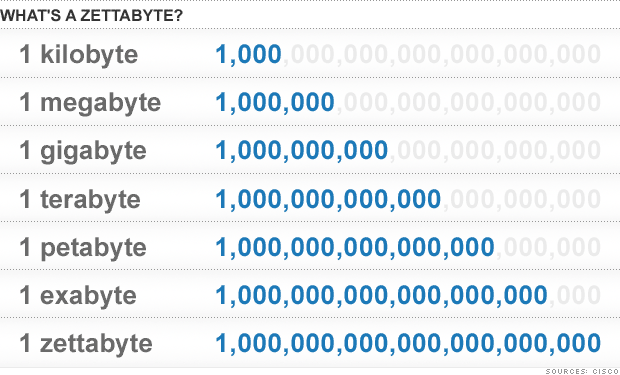
- #MEGA BITS PERSECOND TO MEGABYTES PERSECOND HOW TO#
- #MEGA BITS PERSECOND TO MEGABYTES PERSECOND DOWNLOAD#
- #MEGA BITS PERSECOND TO MEGABYTES PERSECOND FREE#
Secondly, megabits actually represents better the way that the hardware works.
#MEGA BITS PERSECOND TO MEGABYTES PERSECOND DOWNLOAD#
So, if you wanted to calculate how fast a 20 mega bit per second modem can download a 10 mega byte file, the calculation would be as follows:ġ0*8/20 = 4 seconds.So, in the above example of the frustrated internet user, their file is actually downloading at around 24 mega bits per second (mbps)-only one bit less than what they’re paying for. Firstly, as others have said, megabits gives a bigger number than megabytes. The first acronym, Mbps, with a lowercase b, refers to megabits per second, while the. This and for obvious marketing reasons are why ISPs still sell speeds in bits and not bytes. The main difference between the two terms comes down to bits vs. The symbol for Megabyte per second is MBps or.
#MEGA BITS PERSECOND TO MEGABYTES PERSECOND FREE#
Note : Network speeds were calculated in bits long before there was even an Internet to download files. This is a free online Bits per Second (bit/s) to Megabytes per Second (MB/s) conversion calculator. A Megabyte per second is a unit used to measure data transfer rates and is based on Decimal multiples of bits.


What they’re really paying for is 25 mbps or mega bits. So when one sees a file downloading at 3 MB/s and they’re paying for what they think is 25 MB/s download speeds, they’ve simply confused the matter. Megabytes per second is not considered standard for network equipment but is much more common for labeling file sizes.Īdditionally, you might be familiar with your Internet connection speeds at home which are described in megabits per second. What’s the Difference Between Megabyte (MB) and Megabit (Mb)ġ mega byte (MB) is roughly equal to 8 mega bits (mb). megabit (Mb) or megabit per second (Mbps, Mb/s), with a small or lowercase b, a data-rate unit used for download speeds advertised by ISPs and reported by on. The difference is usually due to dedicated servers being rented servers and colocation being rented space (owned server).īe sure to look at this distinction when you’re shopping for a hosting provider. This is the amount of data you’re allotted to download or upload typically per month.Ĭolocation, on the other hand, usually lists Mbps for speed and that number refers to the speed of the data being transferred and not your monthly allotment of bandwidth. When looking for a data center provider, you may notice a difference between how speeds are displayed on different products like dedicated servers vs colocation.įor example, the “speed” you see when looking at a provider’s dedicated server page is usually listed in TBs.

A megabit per second, not to be confused with megabyte per second, is equal to. The faster the speed, the faster the user can upload their files and get to work more efficiently. Definition: A megabit per second (Mbps) is a unit of data-transfer rate. For most, an important factor in choosing a colocation or dedicated server provider is how quickly the client can access their data.

In relation to the base unit of => (bytes per second), 1 Kilobytes Per Second (KB/s) is equal to 1000 bytes-per-second, while 1 Megabytes Per Second (MB/s) = 1000000 bytes-per-second.Why Does This Matter When Choosing a Data Center Provider?
#MEGA BITS PERSECOND TO MEGABYTES PERSECOND HOW TO#
How to convert Kilobytes Per Second to Megabytes Per Second (KB/s to MB/s)?ġ x 0.001 MB/s = 0.001 Megabytes Per Second.Īlways check the results rounding errors may occur. The base unit for data transfer rate is bytes per second (Non-SI/Derived Unit) It is usually measured in Mbps (Megabits Per Second) not megabytes (MBps). Conversion: Kilobytes Per Second to Megabytes Per Second 1 Byte per second is equal to 8 bits per second.


 0 kommentar(er)
0 kommentar(er)
